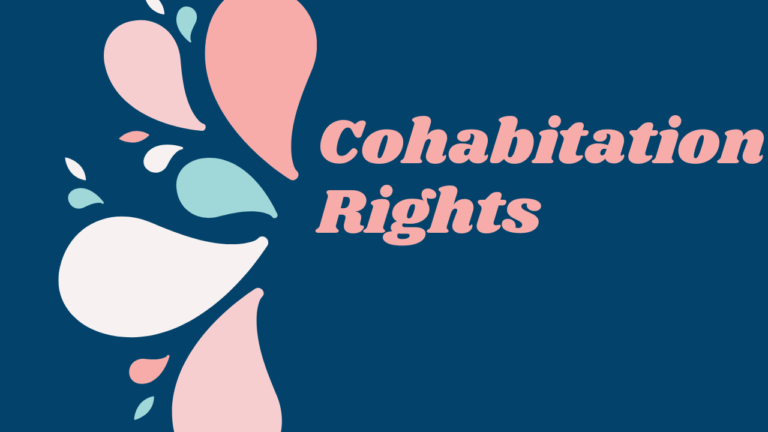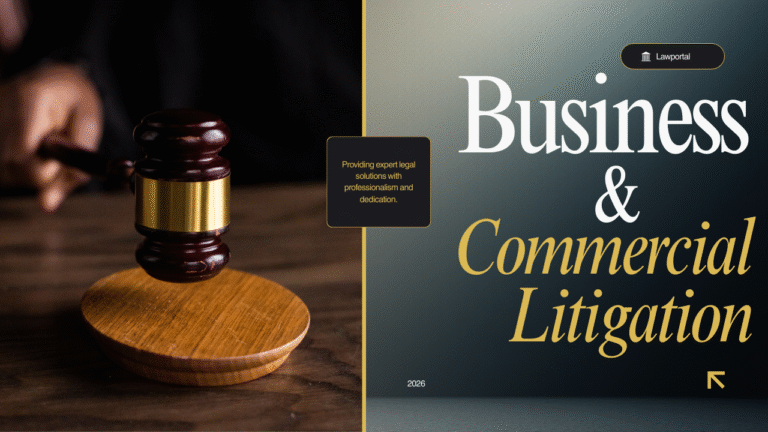What Does a Personal Injury Attorney Do: Accidents happen when we least expect them — a car crash, a slip at the store, or a dog bite in the neighborhood. In moments like these, one person can make a significant difference: a personal injury attorney. These legal professionals help victims seek justice and compensation when someone else’s negligence causes them harm.
Think of them as your legal bodyguards — standing between you and the insurance companies that want to pay as little as possible. They know the ins and outs of the law, ensuring you don’t get shortchanged for your pain, suffering, or financial losses.
But what exactly does a personal injury attorney do daily? Let’s break down their role step by step.
Who Is a Personal Injury Attorney?
A personal injury attorney specializes in representing clients who’ve been injured physically, emotionally, or psychologically due to someone else’s negligence or wrongful conduct. These attorneys usually work within tort law, which covers civil wrongs rather than criminal offenses.
Their mission? To ensure injured victims receive fair compensation for their medical bills, lost wages, and emotional trauma. Most of them operate on a contingency fee basis, meaning they only get paid if they win your case — a true “no win, no fee” arrangement.
A personal injury attorney wears many hats — investigator, negotiator, counselor, and sometimes even a therapist. Their job goes beyond paperwork; it’s about restoring a person’s sense of justice and dignity after an unexpected tragedy.
Common Types of Personal Injury Cases
Car Accidents
One of the most frequent reasons people hire personal injury attorneys is car accidents. These lawyers handle everything from fender-benders to catastrophic crashes. They help victims recover damages for vehicle repairs, medical treatment, and emotional distress.
Slip and Fall Accidents
Property owners must maintain safe environments. When they fail to do so, resulting in a fall or injury, a personal injury attorney steps in to prove negligence and hold them accountable.
Medical Malpractice
Doctors are human, but when their mistakes cause serious harm, victims deserve justice. Attorneys handle malpractice cases involving surgical errors, misdiagnoses, and medication mistakes.
Workplace Injuries
Although workers’ compensation often covers on-the-job injuries, some cases involve employer negligence or unsafe conditions where a lawyer’s intervention becomes necessary.
Product Liability
Defective products — from faulty brakes to toxic toys — can cause serious injuries. Attorneys ensure manufacturers and distributors are held responsible for putting dangerous items on the market.
Initial Consultation: The First Step Toward Justice
The process usually begins with an initial consultation. This meeting is often free, allowing the attorney to evaluate the case without commitment. During this session, they’ll listen carefully to your story, review documents like police reports or medical records, and assess whether the claim has merit.
They might ask questions like:
- Who was involved in the accident?
- What injuries did you sustain?
- Have you spoken with insurance adjusters?
This first step is crucial because it lays the foundation for everything that follows. The attorney decides whether to take the case, and if they do, they immediately start protecting the client’s rights.
Case Evaluation and Investigation
Once a client signs on, the attorney begins a thorough case evaluation and investigation. This phase involves collecting all the facts, interviewing witnesses, and consulting experts to establish liability.
For example, in a car accident case, they might hire an accident reconstruction expert to determine who was at fault. In a medical malpractice case, they may consult healthcare professionals to analyze the standard of care.
Every detail counts — from surveillance footage to accident scene photos. The stronger the evidence, the higher the chances of winning fair compensation.
Gathering Evidence: Building a Strong Case
Evidence is the backbone of any successful personal injury claim. Attorneys meticulously gather and organize materials that support the client’s side. This can include:
- Medical records documenting injuries and treatments
- Photographs and videos from the scene
- Eyewitness statements
- Expert testimony
- Financial documents showing lost income
Attorneys also ensure that all evidence is legally admissible. They follow proper procedures, preserving evidence before it’s lost or destroyed — a key step in building an airtight case.
Dealing With Insurance Companies
Insurance companies are notorious for minimizing payouts. They might offer quick settlements that barely cover your expenses. A personal injury attorney acts as your shield and negotiator.
They handle all communications with adjusters, preventing clients from saying something that could harm their claim. With years of experience, they know every trick insurers use to undervalue injuries.
Their goal? To ensure that the settlement truly reflects the physical, emotional, and financial toll of the accident — not just the insurer’s bottom line.
Legal Documentation and Filing a Lawsuit
If negotiations don’t lead to a fair settlement, the attorney takes the next big step — filing a lawsuit. This involves preparing detailed legal documents such as complaints, motions, and discovery requests.
They must follow strict deadlines and procedural rules. Missing even one detail can jeopardize the entire case. This is where having a professional pays off — personal injury law can be a maze, and one wrong turn can cost you justice.
Negotiation and Settlement Process
Most personal injury cases are settled out of court. Attorneys negotiate with opposing parties to reach an agreement that compensates the victim without going through a long, stressful trial.
Skilled negotiators can often secure a higher settlement than individuals could get on their own. They factor in not only current expenses but also future medical costs, lost earning potential, and pain and suffering.
If both parties agree, the case ends here — saving time, money, and emotional strain for everyone involved.
Trial Representation: Fighting for Clients in Court
When settlements fail, the case proceeds to trial. This is where the attorney’s courtroom skills truly shine. They present evidence, question witnesses, and argue before a judge or jury.
Their job is to prove negligence beyond doubt — showing how the defendant’s actions directly caused the client’s injuries. Trials can be lengthy and intense, but for many victims, it’s the only path to full justice.
How Personal Injury Attorneys Get Paid
Most personal injury lawyers use a contingency fee structure, meaning they get paid only if they win. Typically, their fee is a percentage (often 30–40%) of the final settlement or court award.
This system ensures everyone has access to legal help, regardless of financial status. It also motivates attorneys to work hard — their success depends entirely on yours.
Why Hiring a Personal Injury Attorney Matters
Many people think they can handle their cases alone. Unfortunately, insurance companies have vast resources and legal teams. Without a lawyer, you’re walking into a fight unarmed.
A personal injury attorney levels the playing field. They know the tactics insurers use and how to counter them. They can also calculate fair compensation based on years of experience — something a victim may struggle to do.
Qualities of a Good Personal Injury Attorney
- Experience and expertise in handling similar cases
- Strong communication skills
- Empathy and compassion
- Aggressive negotiation style
- Track record of success
The right attorney doesn’t just handle your case — they support you through one of the toughest times in your life.
Common Myths About Personal Injury Attorneys
- “They’re just in it for the money.” In reality, most attorneys work on contingency and genuinely care about client outcomes.
- “You can easily settle without a lawyer.” Maybe, but you’ll likely get far less compensation.
- “All cases go to trial.” Not true. Most are resolved through settlements.
Conclusion
A personal injury attorney does far more than file lawsuits — they are advocates, protectors, and allies. They ensure that justice isn’t just a word, but something real and attainable. From gathering evidence to negotiating settlements or taking your case to court, their mission is simple: to help you rebuild your life after an accident.
So, if you’ve been hurt due to someone else’s negligence, don’t face it alone. Reach out to a professional who knows how to fight for what you deserve.
FAQs
- How much does it cost to hire a personal injury attorney?
Most work on contingency, meaning you pay nothing upfront. They take a percentage of the settlement if you win. - How long does a personal injury case take?
It varies based on complexity. Some settle in months; others may take a year or more. - What if I was partially at fault for my accident?
You can still recover compensation in many states under comparative negligence laws. - Do all personal injury cases go to trial?
No, most are resolved through negotiations before ever reaching court. - What should I bring to my first meeting with an attorney?
Bring accident reports, medical records, insurance information, and any communication with the other party.

